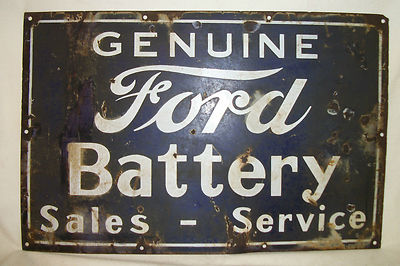
Technically, it’s still spring. But typical of New Mexico, it’s already feeling like summer. Which means dryer air, higher temperatures, road trips, hotter pavement, hotter tires, more use of the greatest invention of the 20th century—the air conditioner. Which means more stress on your vehicle.
Below are some tips on how to keep your car or truck running smoothly and lasting longer.
Battery
Car battery manufacturers tend to push failing battery ads during the winter (when they can play on the legit fears of a dead battery stranding drivers in arctic tundras—thereby implying the likelihood of a cold, lonely death by car battery). But extreme temperatures in either direction can destroy a vehicle’s battery, and it’s really excessive heat (and overcharging) that truly shortens the life of a battery.
That’s because heat causes battery fluid to evaporate, which then damages the internal structure of the battery. A malfunctioning component in the charging system, usually the voltage regulator, allows too high a charging rate, which will eventually destroy a battery. Leaving you stranded in the middle of the Mojave.
Most batteries last between five and seven years. But the only accurate way to detect a weak battery is with professional equipment, and to bring your car into Master Tech and have your battery tested periodically.
Aside from that, here are some other tips on how to keep your battery going:
Check that the electrical system is charging at the correct rate. Overcharging can damage a battery as quickly as undercharging.
If your battery needs topping off, check it regularly, especially in hot weather, and use distilled water when necessary.
If you do need to replace your battery, replace it with that’s as highly rated as your previous one.
Keep the top of the battery clean. Dirt becomes a conductor, which drains battery power. Also, as corrosion accumulates on battery terminals it becomes an insulator, inhibiting current flow.
Oil and Engine Performance
A hot engine needs all the lubrication it can get. The most important thing is to change the oil at regular intervals and use the oil viscosity recommended in your car’s manual. With the extra miles you may be putting onto your car this summer, this may mean more frequent changes.
Change your oil and oil filter more often (every 3,000 miles), and replace other filters (air, fuel, PCV, etc.) more often in dusty conditions.
Cooling System and Coolants
The greatest cause of summer breakdowns is overheating, and low coolant levels can kill your engine.
The cooling system should be completely flushed and refilled about every 24 months. The level, condition, and concentration of the coolant should be checked periodically. (A 50/50 mix of antifreeze and water is usually recommended.)
Worn hoses or a damaged radiator can allow coolant to leak and engine temperatures to rise. Pay close attention to your vehicle’s temperature gauge during summer months to prevent overheating.
Other fluids
Even in a tightly sealed tank, gas evaporates, and it evaporates much more quickly from a hot car. Keep your vehicle in a garage and parked in the shade whenever possible, as it can actually prevent some of this natural evaporation.
Tires
As the asphalt of the road heats up, so too will your tires. Have them rotated about every 5,000 miles, check the tire pressure once a month, and don’t forget to check your spare as well.
Windshield Wipers
Wiper blades can actually melt to your windshield in high heat. The best way to prevent this is to occasionally put your wipers through a wipe-wash cycle.